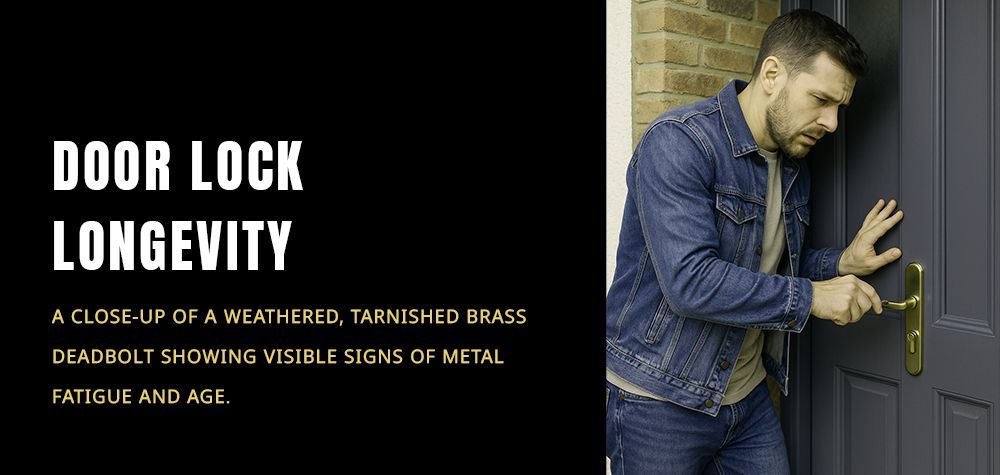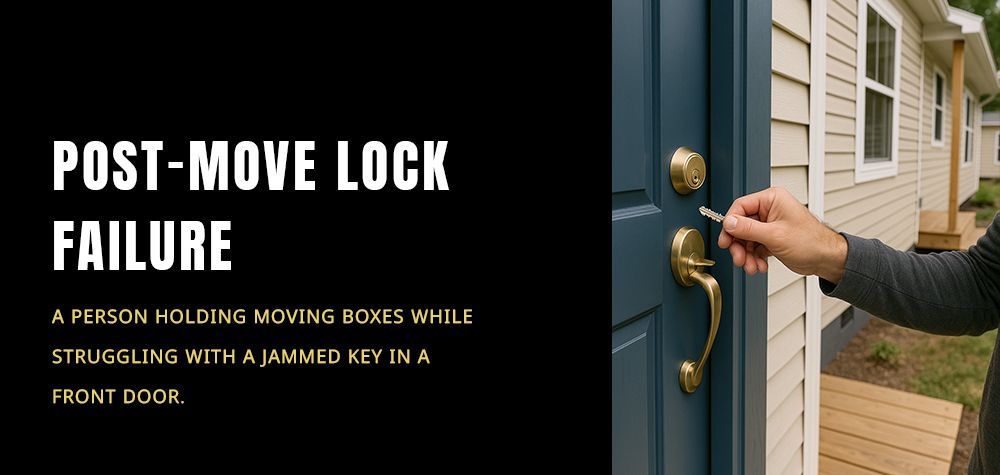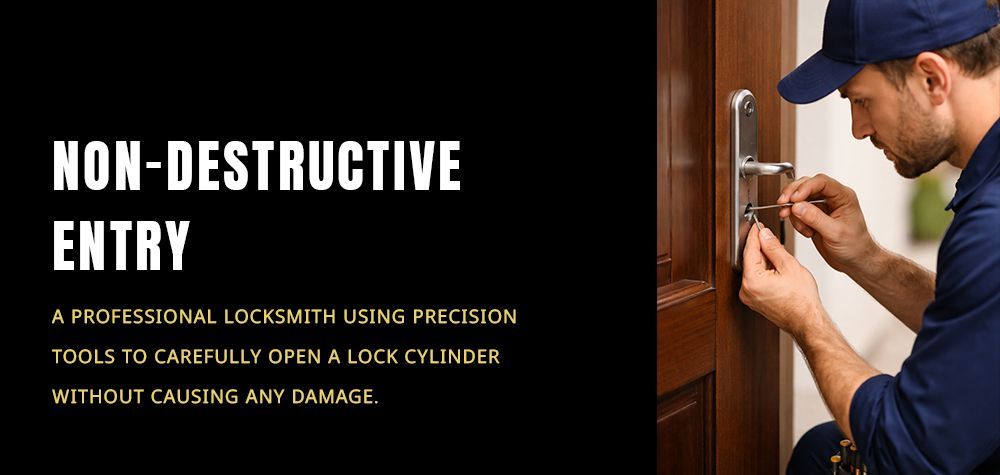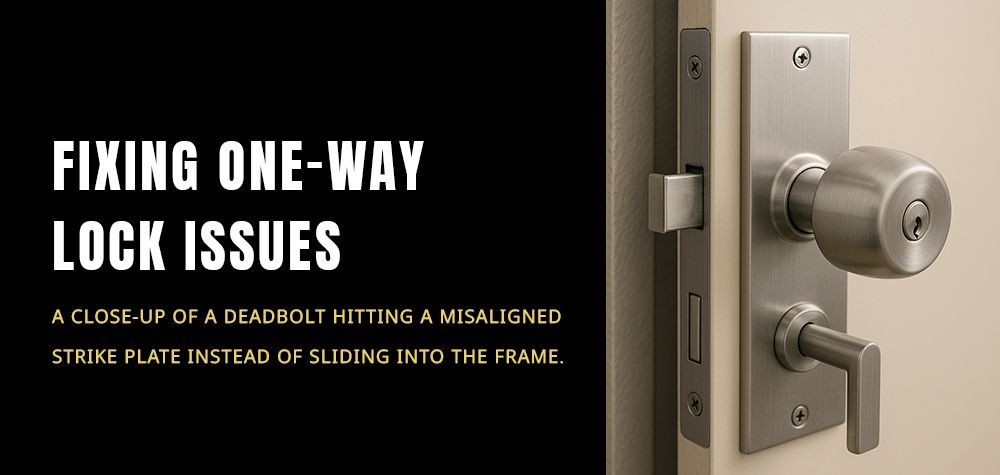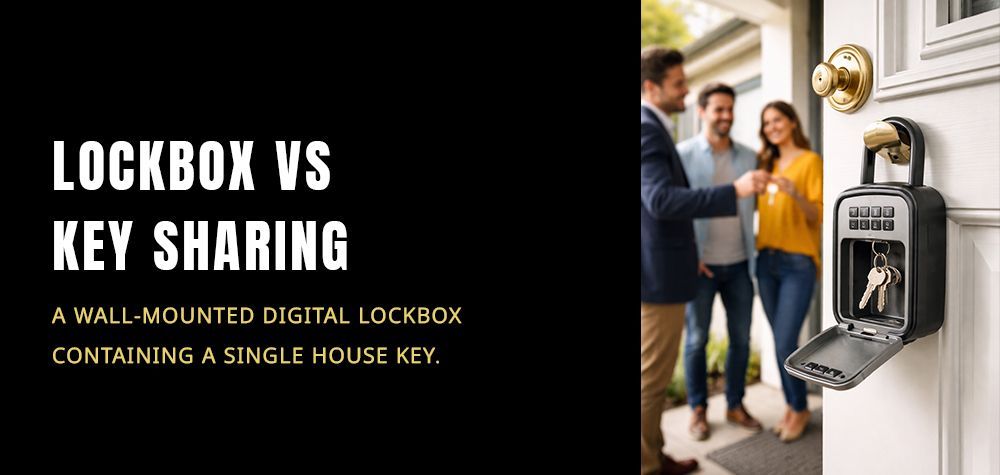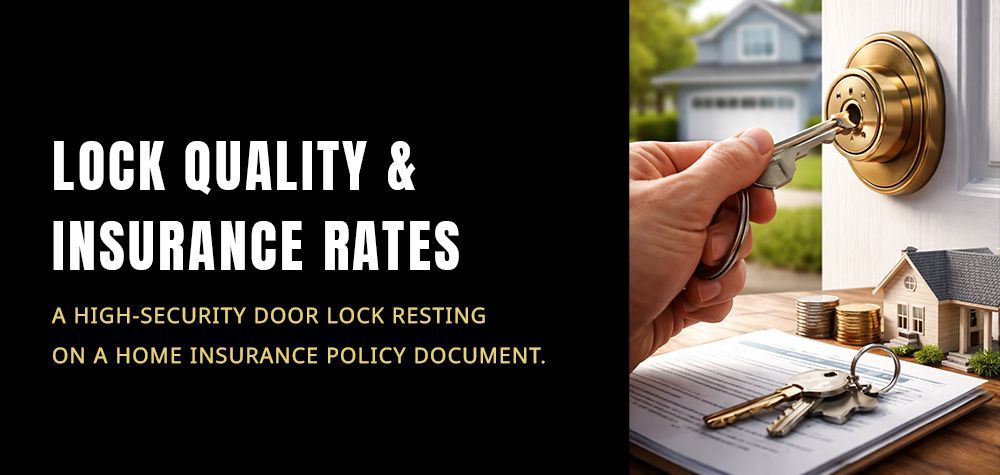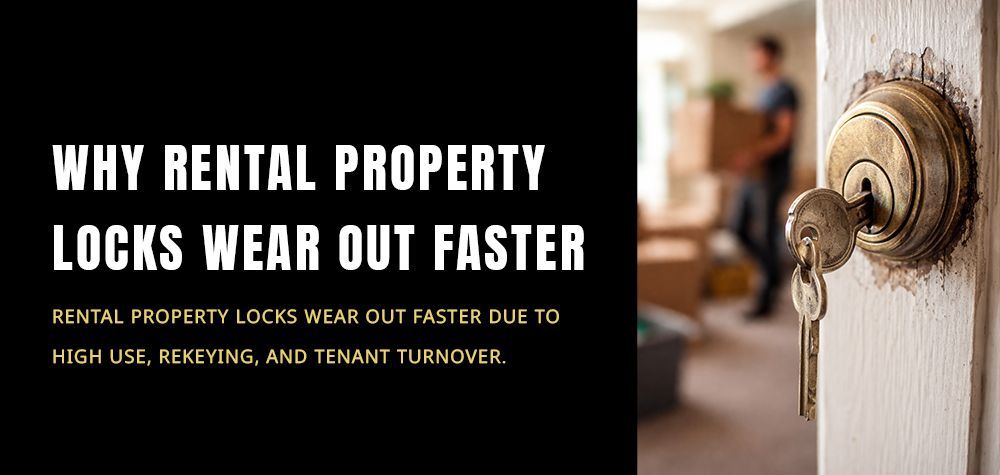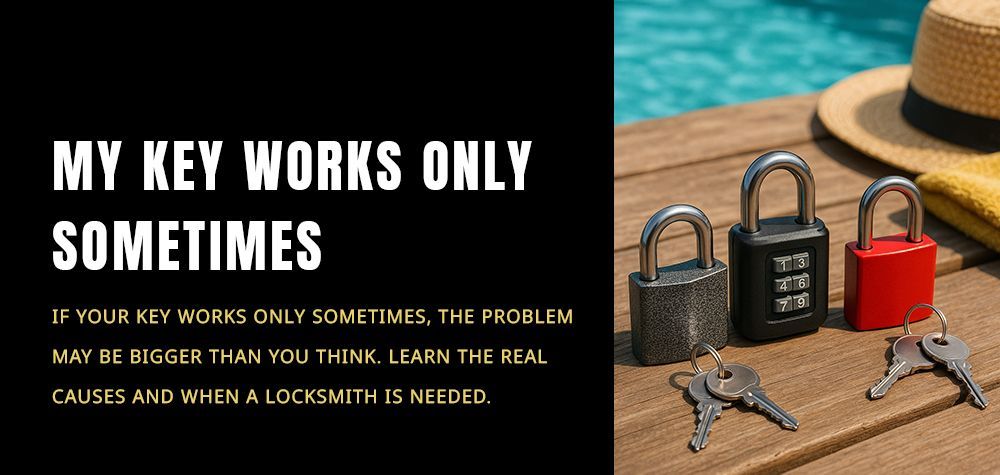What is a Deadbolt?
Welcome to our in-depth exploration of deadbolts, fundamental components of home security. A deadbolt is a robust locking mechanism designed to enhance door security by preventing unauthorized entry. Unlike spring-loaded latches, deadbolts don't rely on springs, making them more resistant to forced entry attempts. They typically come in single-cylinder and double-cylinder variants, each offering distinct advantages. In this comprehensive guide, we delve into the intricacies of deadbolts, covering their types, installation procedures, and the crucial role they play in fortifying your home. Understanding the nuances of deadbolts empowers homeowners to make informed decisions about their security, ensuring a safer and more secure living environment.
Single-Cylinder Deadbolt
The single-cylinder deadbolt is a key-operated lock commonly used in residential settings. It features a key cylinder on one side, while the other side has a twist knob or lever for easy interior operation. This configuration provides a convenient and secure option for homeowners, allowing key access from the exterior and simple turning from the inside. Single-cylinder deadbolts are a popular choice for exterior doors, offering effective security and ease of use.
Double-Cylinder Deadbolt
The double-cylinder deadbolt is a robust security option for doors, requiring a key to operate from both the exterior and interior. Unlike single-cylinder deadbolts, this design enhances security by eliminating the twist knob on the interior side. While providing heightened protection against intruders, it's essential to consider safety regulations, as a key is needed for quick exit during emergencies.
Keyless Locks
Keyless locks revolutionize door security with innovative, code-based entry systems. Eliminating the need for physical keys, these locks utilize PIN codes, electronic key fobs, or biometric identification for access. They offer convenient and secure solutions, allowing homeowners to grant access without traditional keys. While providing enhanced flexibility and control, keyless locks vary in design and features, catering to diverse security needs and preferences for a modern and efficient home entry solution.
Deadbolt Grades
Deadbolt grades serve as a standardized measure of a lock's security, established by the American National Standards Institute (ANSI). These grades help consumers make informed choices based on the level of protection needed for their specific applications. The three primary deadbolt grades are:
Grade 1 (High Security): This grade is designed for commercial applications and offers the highest level of security. Grade 1 deadbolts are constructed to withstand extensive physical attacks, making them suitable for demanding environments where security is paramount.
Grade 2 (Residential): Targeted for residential use, Grade 2 deadbolts provide solid security without the robustness required for commercial settings. While offering effective protection for homes, Grade 2 deadbolts may not withstand the same level of abuse as Grade 1 locks.
Grade 3 (Basic Security): Grade 3 deadbolts are entry-level locks designed for residential applications. While providing basic security features, they may lack the durability and resistance to physical attacks found in higher-grade options.
When selecting a deadbolt, it's crucial to consider the intended use and security requirements. Choosing the appropriate grade ensures that the lock aligns with the specific needs of your home or business, providing an optimal balance between security and functionality.
Benefits of Deadbolt Locks
Deadbolt locks provide enhanced security by resisting forced entry. Their sturdy construction and variety of designs contribute to reliable protection for homes and businesses, promoting peace of mind.
Protected Entry
Deadbolt locks offer protected entry by resisting unauthorized access attempts. Their sturdy construction and design make them highly resistant to forced entry techniques such as lock picking or bumping. The presence of a deadbolt on a door significantly enhances the security of a property, acting as a robust deterrent against intruders. Whether single-cylinder or double-cylinder, deadbolts provide a reliable barrier, ensuring that only authorized individuals with the proper key or code can gain access, contributing to a secure and protected environment.
Inexpensive Options
Deadbolts, known for their security benefits, also offer budget-friendly options for homeowners. Basic deadbolts, often Grade 3, provide an inexpensive yet effective solution for residential security. These locks come at a reasonable cost, typically ranging from $15 to $50. Smart lock options, integrating technology for added convenience, can range from $100 to $300, offering affordable yet advanced security. When factoring in locksmith charges, which may vary based on location and services rendered, homeowners can still achieve enhanced security without breaking the bank. The overall costs involve labor for installation, the locking mechanism chosen, and any additional features, providing a range of choices to suit various budget considerations.
Easy Installation
Deadbolts are praised for their easy installation, making them a popular choice for DIY enthusiasts. Homeowners can save on installation costs, typically ranging from $50 to $150, by opting for a straightforward self-installation. However, for those preferring professional assistance, locksmith charges may vary, providing flexibility based on budget and convenience.
Deadbolt Lock Disadvantages
Despite their security advantages, deadbolts have some disadvantages. A significant drawback is the need for a key to unlock from the exterior, which can pose challenges during emergencies. Double-cylinder deadbolts, while offering heightened security, may hinder quick exit without a key. Additionally, improper installation or low-grade deadbolts may compromise effectiveness. Balancing these considerations ensures optimal deadbolt usage, addressing potential disadvantages for a well-rounded approach to home security.
Can I install a deadbolt myself, or should I hire a professional locksmith?
 Button
ButtonWhile DIY installation is possible, hiring a professional locksmith ensures proper alignment and installation, maximizing the deadbolt's effectiveness. Professional assistance is recommended for optimal security.
Is a deadbolt more secure than a regular lock?
 Button
ButtonYes, deadbolts are generally more secure. Their sturdy construction and extended bolts provide added resistance, making them a preferred choice for robust door security.
What is the difference between a deadbolt and a regular lock?
 Button
ButtonThe primary distinction lies in the mechanism and security level. Deadbolts extend deeper into the door frame, offering enhanced resistance to forced entry compared to standard spring-loaded locks.
Call Us Any Time!


